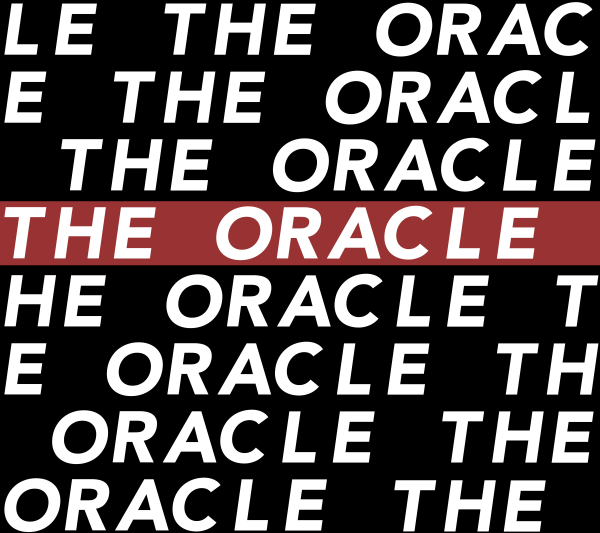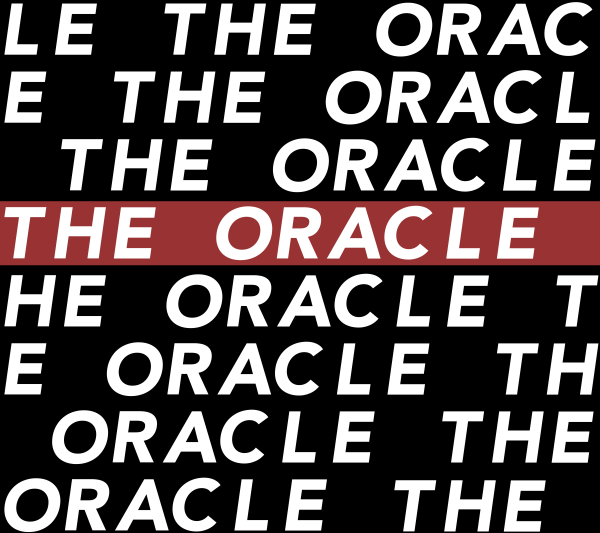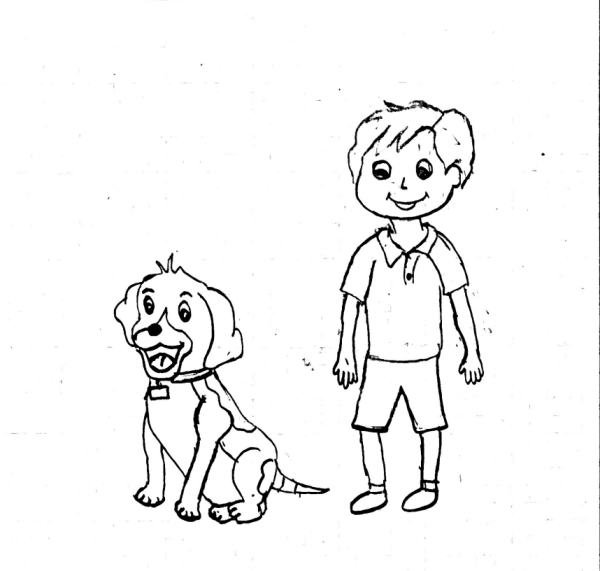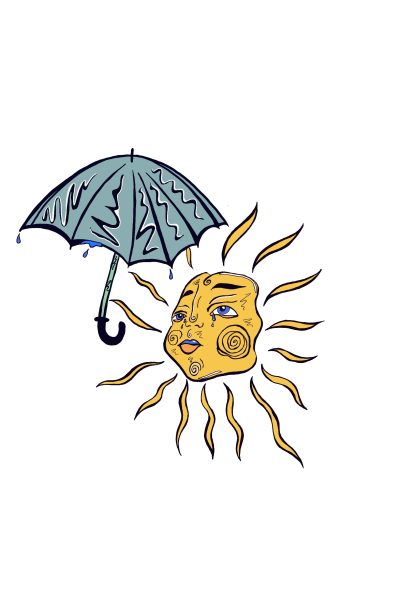Orthopraxy: Where the old meets new
How does ethics meld with medicine? Would something like that work?
March 30, 2022
What goes up, but never comes down?
Riddles such as these serve well to entertain, but do not warrant much attention past a general interest. A much more interesting–and important–conundrum to ponder involves the use of ancient discourse in modern medical ethics.
My last two columns surveyed the ethical use of digital privacy and the legitimacy of neuroscientific advances.For the third (and perhaps final) column on ethics, I would like to pull back the curtain on these discourses, and look at some of the motivations behind them. Particularly, I would like to look at the puzzle of religious directions in modern medical ethics.
The integration of ancient religious thought with our newest medical advances seems to be a bit of a paradox; it is an odd interface between the old and the new. We have on one hand a system where we prioritize the most recent advances, where we have a desire to move forward–the future is our friend. This much can be demonstrated in a trip to the library: the medical section is littered with updates and editions, the newest always representing the best. Turn to the ethics section, and the old tomes never go out of date, but instead beg for our highest veneration; the yellowed pages and cracked bindings signify importance, not irrelevance. The trend extends past religious discourse into even secular ethics. Plato carries more clout than Joe Shmoe.
In fact, the two worlds could not seem farther apart, in time or in theory. Why on earth, then, should we look to old practices for insight on medicine? What mode of thought would lead us to believe that we should determine future insights by looking back?
I have sitting on my desk a stack of religious medical ethics texts. I endeavored to conduct, if not a study, at least a survey of religious thought in medical discourse. I looked at the views of organ transplant in Bhuddism and health care as defined by Islam’s codes. It becomes very evident that these religions have much to offer medical advances by way of reason and tradition. But the question remains, is it broadly applicable?
Of course, to the religious, the answer is straightforward. Their religious faith can and should guide their actions; this is presumably the simple outworkings of their orthopraxy. But outside of the practice of devotees there still remains a valued input from receiving the teaching and traditions in years prior. It is not foolish to use old wisdom to new scenarios; in fact, it may be required. Medical advances do truly seem to be bringing the future to us; one can think of Elon Musk’s brain implants, or the at-hand possibilities for human genetic engineering. We simply do not have the experience to dictate what to do in these futuristic situations. We can, however, look to prior precedence.
My readings on Jewish bioethics made this clear. The guidance of Jewish Halakhah (religious law; literally, “the walk”), for example, has been a dialogue in excess of three thousand years. The Jewish Mishnah records rabbinic dialogue on this “walk,” a continual refinement of steady principles in new contexts. It is hard to imagine an independent method of establishing an equivalent body of knowledge matching this repository; while such wisdom does not need to be heeded by all, it certainly ought not be ignored.
This, I believe, is the core idea behind looking to ancient insight for modern medicine. All technologies were once new, and even our most modern technologies will go old; what was Future for our ancestors is Past for us. What better way to handle the unfamiliar than with the familiar? The untested with the tested? Could not the collective wisdom of many successes and failures be an apt lens for which to view the present?
This is not to say other solutions are lacking. A notable and interesting option is found in Sam Harris’ The Moral Landscape, where he argues that science, apart from any religious framework, can provide full moral directions. The idea is interesting and too complex to be dealt with fully here; however, it appears the idea has not fully caught on yet. Something is driving us back to the old ways.
It is not my intent to constrain modern medicine with old ideas. Everyday I– intentionally or unintentionally–disregard the bulk of numerous traditions in day-to-day life. It is also not to say that we must accept all these matters as unquestionable doctrine; in fact, quite the opposite. The goal is to continue questioning, guided by the ancient principles. While certain points can remain fixed, the main thrust of looking to the past is to continue a discussion that has been going on for millenia. We can use the collective wisdom from these traditions as a means forward: the effort of the past pushing us to the future. At the very least, we can appreciate the deep thought and concern that has gone into these matters, and let it serve as inspiration to look just as deeply into our current issues. Perhaps the riddle has a simple solution.





